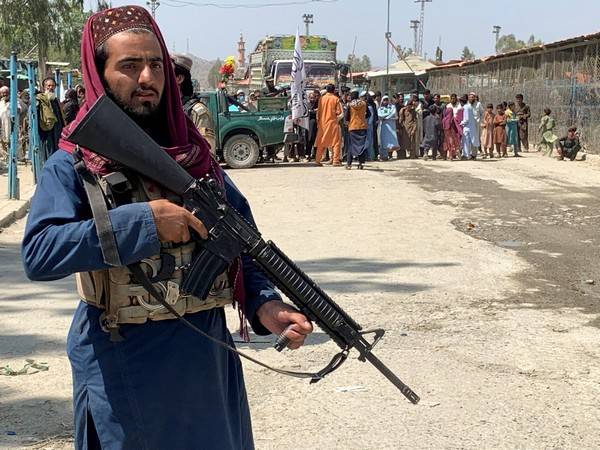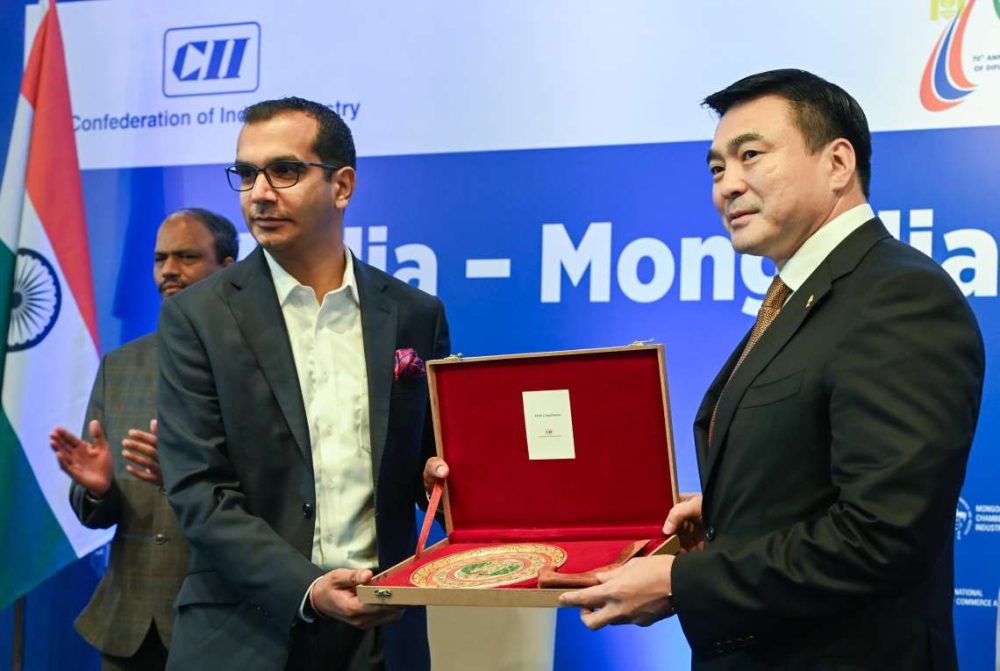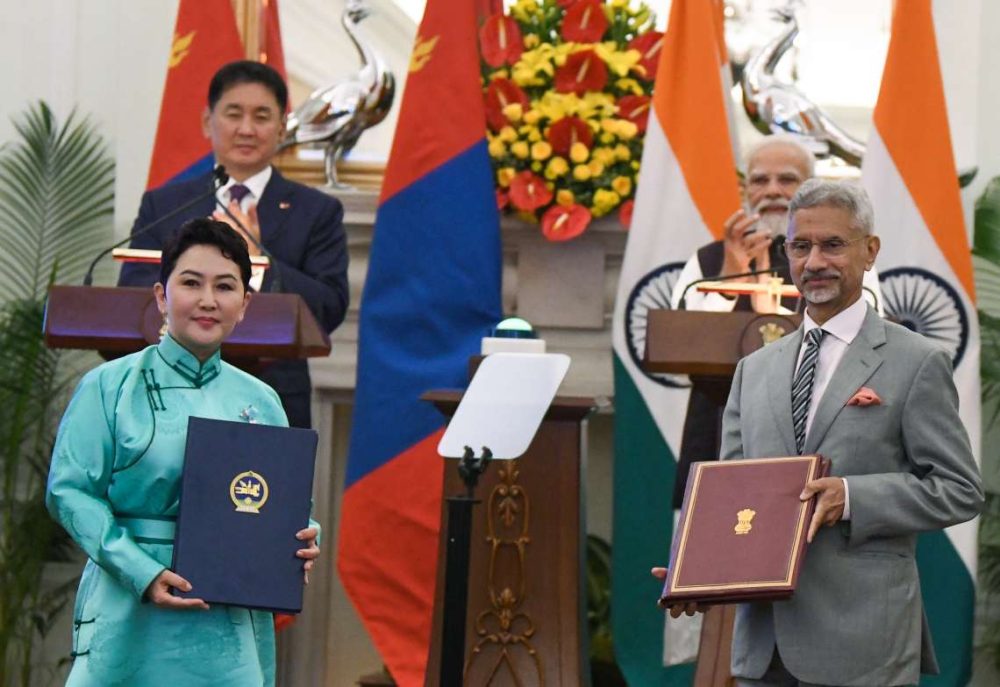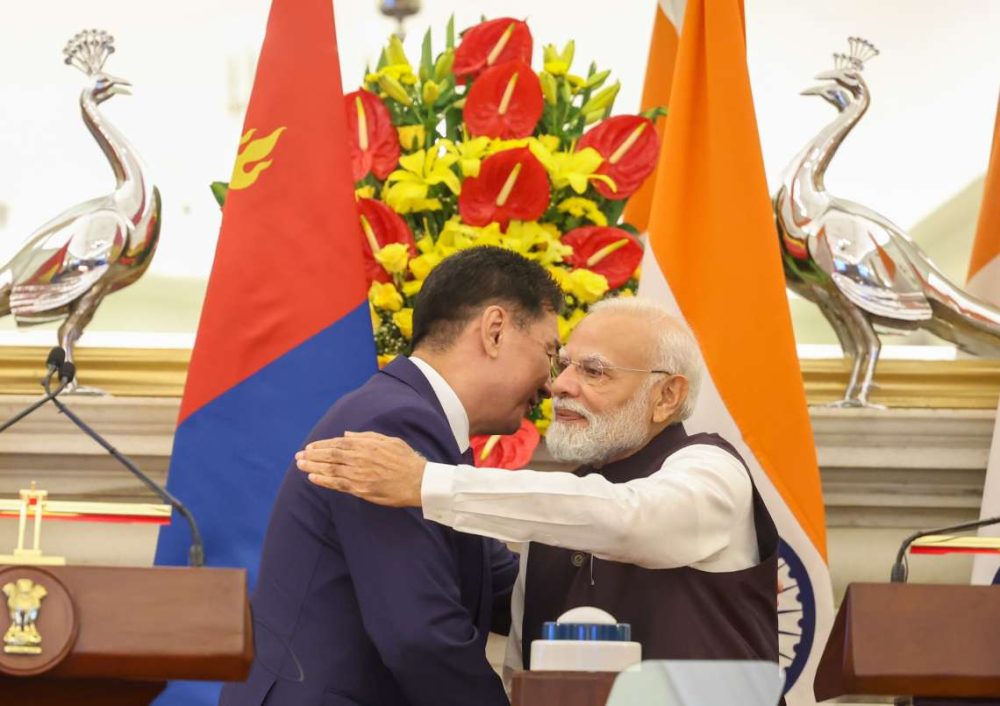Like previous Afghan governments, the Taliban is led by Pashtuns, the ethnic majority in a country where minorities have been marginalized or underrepresented for decades…reports Asian Lite News
Uzbek-Pashtun ethnic fissures in the Taliban regime in Afghanistan have deepened with the arrest of Taliban stalwart, Makhdoom Alam.
By all accounts, Makhdoom Alam was a Taliban stalwart. The 45-year-old ethnic Uzbek commander fought US and Afghan forces for two decades and was held for five years in a US-run prison. Last summer, his fighters seized three northern provinces, helping pave the way for the Taliban to take over the nation. With each victory, his influence grew and two weeks ago, the Taliban arrested him, according to Washington Post.
That was enough to touch off a minor rebellion in this Uzbek-dominated northern provincial capital. Hundreds of Alam’s supporters took to the streets on January 13th their anger fueled by long-simmering ethnic grievances — and accusations that the predominantly Pashtun Taliban didn’t want an Uzbek to gain too much power within its ranks.
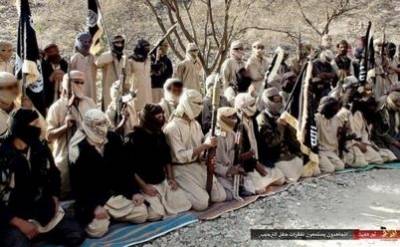
Alam’s detention represents one of the first internal challenges to the Taliban regime. Like previous Afghan governments, the Taliban is led by Pashtuns, the ethnic majority in a country where minorities have been marginalized or underrepresented for decades. To many Uzbeks, Alam’s saga signals a continuation of such policies.
But even Ferdous doesn’t know why Alam was arrested. Some local media reports suggested that he underrepresented to Taliban officials in Kabul the amount of heavy weaponry he and his roughly 4,000 fighters possessed. But most people, including Alam’s family and military comrades, said he was falsely accused of kidnapping a boy from a wealthy family two years ago. The boy is still missing.
Bilal Karimi, a deputy spokesman for the Taliban, replied that “investigations are underway in this regard” and “are not yet completed.” He declined to comment further.
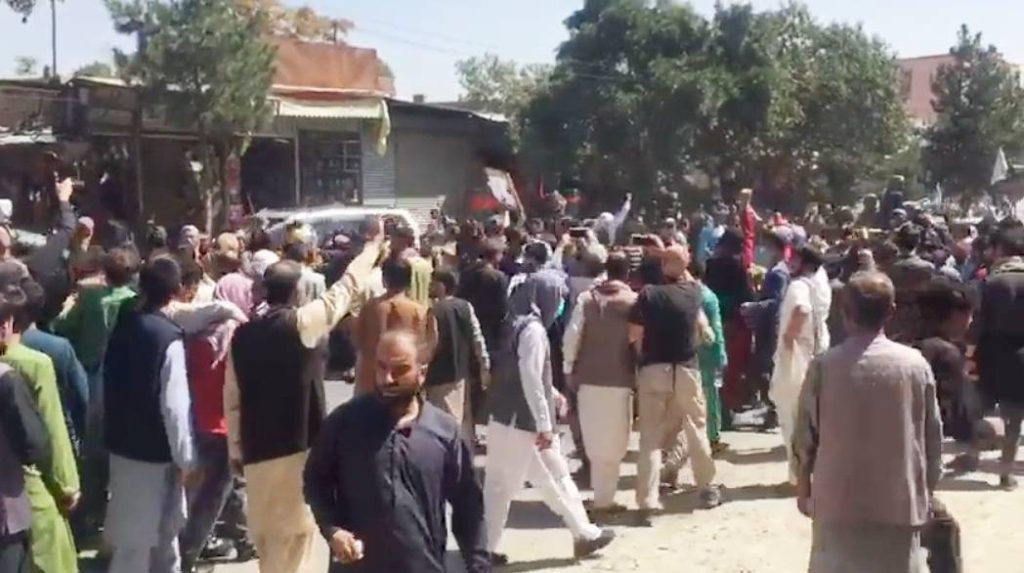
The controversy over Alam comes at a delicate time for the Taliban. When the Taliban returned as Afghanistan’s rulers in August, their leaders vowed to create a government inclusive of all of Afghanistan’s ethnic groups and religions, a move to convince the international community that the new government deserved diplomatic recognition and financial backing. But nearly six months later, that promise has yet to materialize, as analyzed by Washington Post.
In Faryab province, where Uzbeks are a majority, the ethnic fissures have been deepening for months. Even though many mid-level security and political officials are Uzbek, most residents viewed the Taliban’s appointment of an ethnic Turkmen governor and a Pashtun as his deputy as an attempt to dilute their community’s influence. The most powerful Uzbek was Alam, and then he was gone.
“The demonstrations sent a clear message to the central government,” said a professor of politics at Faryab University.
“If they continue discriminatory policies, they will face a popular reaction that will create problems for the Taliban to rule this province and neighbouring provinces.”
The professor added: “It could also inspire other ethnic groups to rise up against them and their policies.”
Earlier, Alam once was a Taliban poster boy for diversity. Born in Faryab Province, he was among the first Uzbeks to join the Taliban in the mid-1990s, when the Taliban first ruled Afghanistan, according to Washington Post. (ANI)


